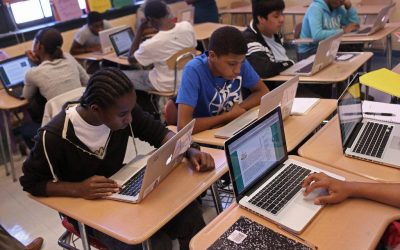Teaching literacy well means that our learners should have the ability to communicate and engage with the world at a level of cognitive development that pushes them towards continuous education. In layman’s terms this means children should know enough to communicate their desires and ask the right questions to engage with the world in a meaningful way.
When English is not your first language you only engage with it at school and only practice your understanding of it in the English classroom. In some communities you can practice it on the playground but that is not the norm. The challenge with learning the English language starts in the classroom, we are specifically referring to English because over 60% of schools on the African continent use it as the measure of literacy.
As a 2nd language English learner reading to ourselves, we learn to skip words that we do not know the meaning of before grade 6. Why? We want to finish our homework. This then becomes a subconscious behaviour engrained in our day-to-day orientation with the language. We always finished the book but we also skipped about 10 words we didn’t understand in grade 3. By grade 5, we finished the book and skipped 20 words we did not understand. Until we get to a point that it is just a headache to read and complete a book we do not understand – eventually you stop reading for leisure because the exercise is futile. This then closes the door to continued learning through curiosity due to the labour of the exercise.
Teachers, reading aloud in class is essential. Sounding out words and giving meaning to each word is critical when building a culture of literacy. Pushing through with the basics so that no learner is left behind is the ultimate challenge. Changing the readers often, allows the learners to engage with the language as an evolving story growing wings at every turn. It is important to avoid memorizing because vocabulary requires understanding. When we memorize we disconnect with the enquiring mind and fail to effectively unpack text for understanding.








